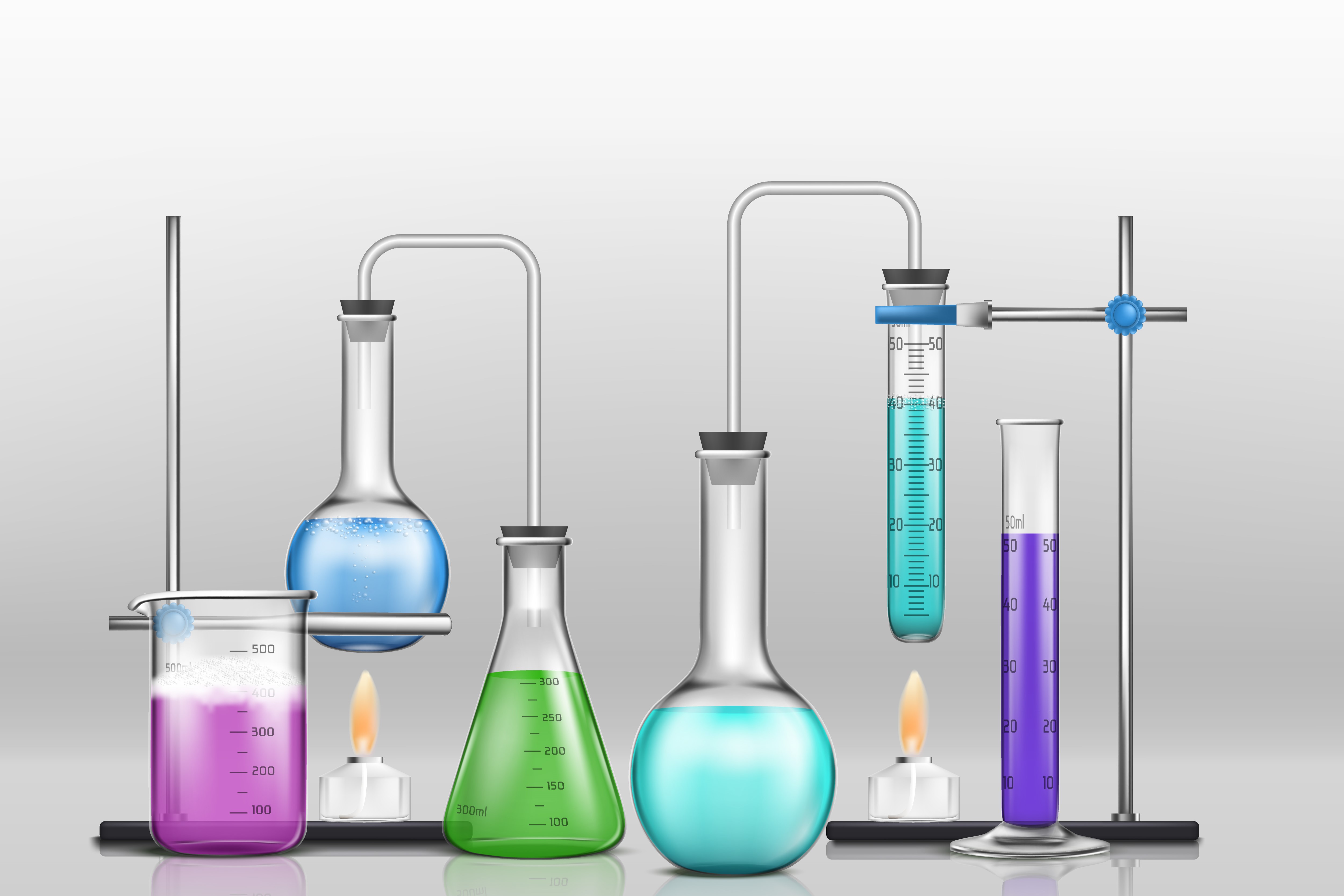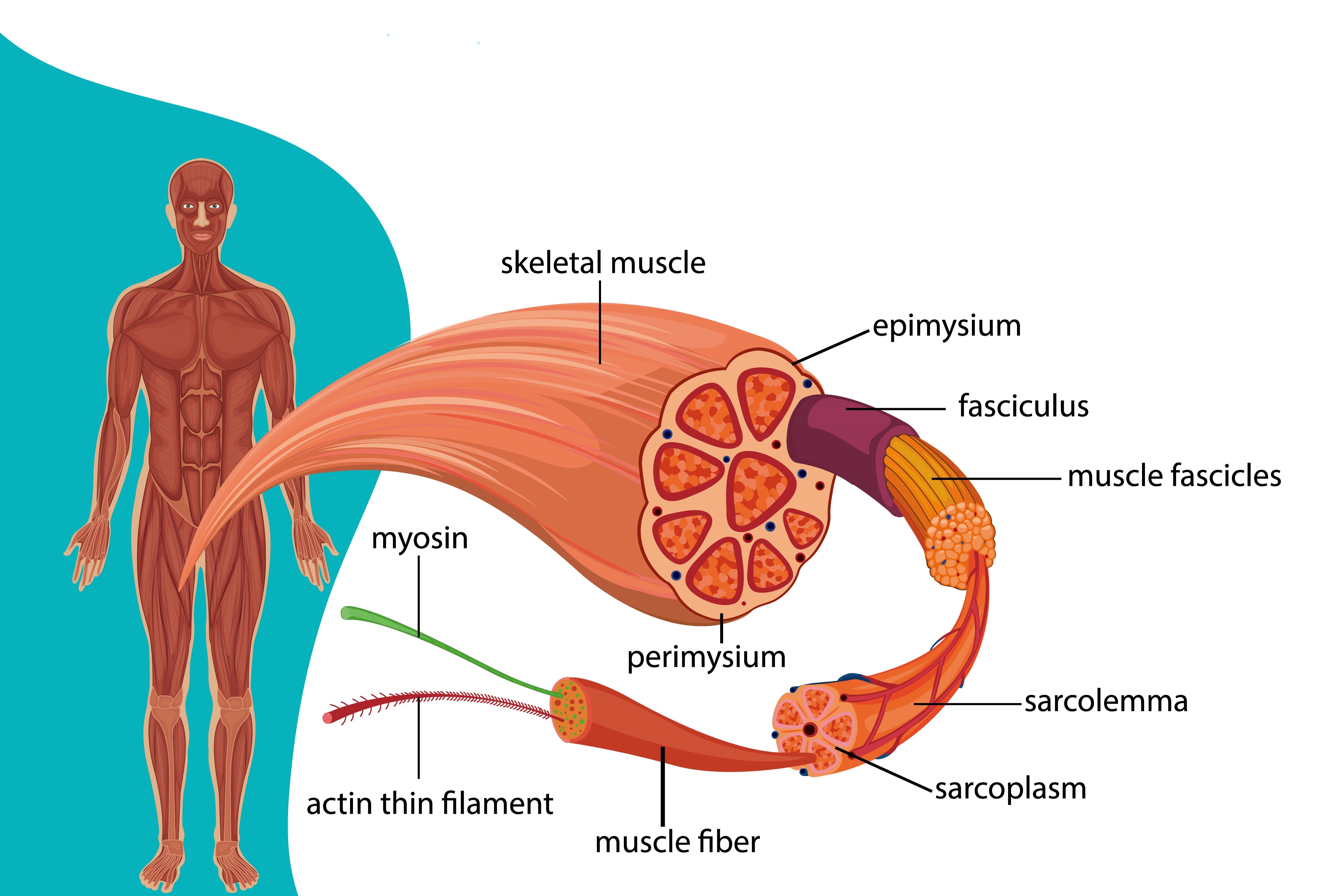Chapters

Rajat Saboo
Chemical Reactions and Equations
A chemical reaction is in which the bonds are broken within reactant molecules, and new bonds are formed within product molecules in order to form a new substance.

Rajat Saboo
Acides, Bases and Salts
A substance is called base if its aqueous solution tastes bitter, turns red litmus blue or neutralizes acids. Salt is a neutral substance whose aqueous solution does not affect litmus.

Noha Brown
Metals and Non-metals
Metals, in their pure state, have a shining surface. This property is called metallic lustre. The non-metals are either solids or gases except bromine which is a liquid.

Noha Brown
Carbon and Its Compounds
The non-metals are either solids or gases except bromine which is a liquid.Most carbon compounds also release a large amount of heat and light on burning.

Noha Brown
Life Process
All living organisms have certain common characteristics, such as breathing, growing, requiring nutrition, producing offspring, responding to stimuli, etc.

Noha Brown
Control and Coordination
In human beings, the control and coordination take place through the nervous system and the endocrine system that produce and secrete hormones.

Noha Brown
How Do Organisms Reproduce?
Organisms reproduce to continue the chain of life, to pass on its genes which are acquired over millennia. Different organisms reproduce in different ways.

Noha Brown
Heridity and Evolution
In this chapter, we will learn about the mechanism by which variations are created, rules of heredity determining their pattern of inheritance & how accumulation leads evolution.

Noha Brown
Light Reflection and Refraction
The reflection of light by spherical mirrors is discussed in the chapter so that their applications are studied in real-life situations. optical phenomena in nature are examined.

Noha Brown
Human Eye and Colourful World
Of all the sense organs, the human eye is the most significant one as it enables us to see the beautiful, colourful world around us. The eye is spherical in shape.

Noha Brown
Electricity
A substance which offers comparatively less opposition to the flow of current is known as a conductor, and substances which offer larger opposition are called insulators.

Noha Brown
Magnetic Effects of Electric Current
Magnetic effect of electric current is one of the major effects of electric current in use, without the applications we cannot have motors.

Noha Brown
Our Environment
An Environment is everything that is around us, which includes both living and nonliving things such as soil, water, animals and plants, which adapt themselves to their surroundings.



